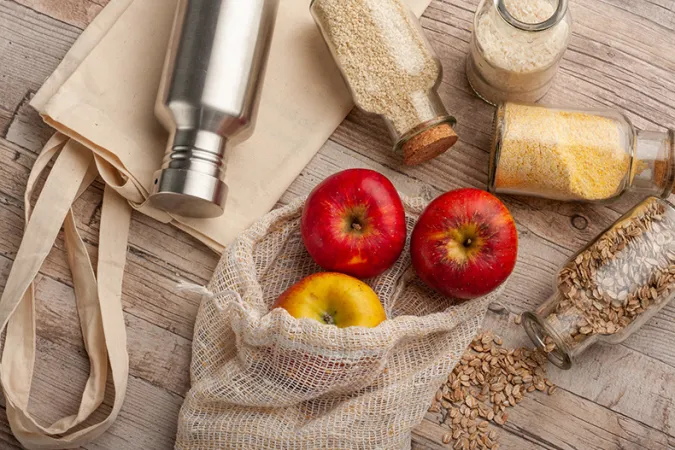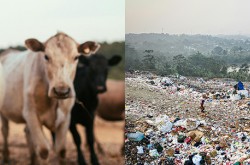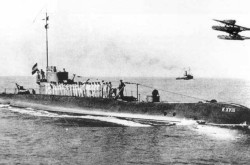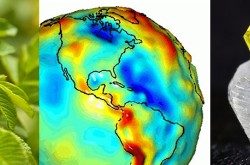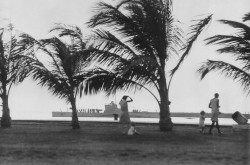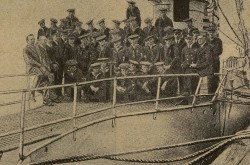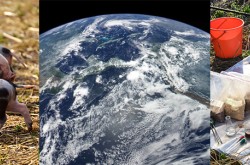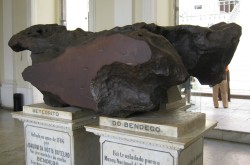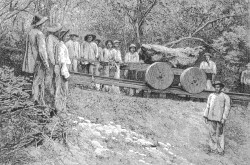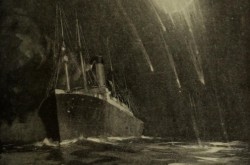Ditching the plastic: How to live a “zero waste lifestyle”
Straws, shopping bags, coffee cups, plastic wrap.
In an age where we are increasingly aware of the impact consumer products and packaging have on our planet, there’s no shortage of plastic culprits for us to villainize. Around the world, consumers are looking for tangible ways — however small — to improve our prospects for a greener future, ways to conserve, reuse, or do without. Increasingly, consumers bring reusable bags to shop, tumblers for their take-out coffees, and alternative solutions to using disposable everything.
Some of us, like Laurence Pechadre, take it even further and adopt a “zero waste lifestyle.” The idea might seem daunting, but for Pechadre it was a logical next step. Zero waste living is a growing movement worldwide, and minimalism is something she’d already been striving towards for almost 10 years. After moving to Canada from France in 2010, she had to find creative ways to keep expenses low, which meant very little went to waste in her home. Frequenting thrift shops, repurposing items whenever possible, and purchasing only what was needed are some ways her family adjusted to make ends meet.
The Ingenium Channel reached out to Pechadre to learn more about what zero waste living means — and how we can work towards attaining it.
Ingenium Channel (IC): What motivated you to look into zero waste living? Did you look to anyone for advice or have resources to turn to?
Laurence Pechadre (LP): I had a blunt wake-up call three years ago, when I was researching for Fou d’sea food, a bilingual activity guide. Through that research, I discovered the ominous threat that pollution and climate change pose to our oceans. Since 2016, I haven’t stopped reading about initiatives in Europe and Canada. I met the authors of Life without Plastic (Wakefield residents Jay Sinha and Chantal Plamondon), and botanist Diana Beresford-Kroeger, author of The Call of the Forest. Last summer, I also attended the first summer camp about social innovation and food system transformation at St. Paul University in Ottawa.
IC: How long have you been living a zero waste life? Was it a long or difficult transition?
LP: A full year! It’s still a work in progress, but my lifestyle is 80 percent plastic free, and I no longer produce food waste. I save time shopping since I purchase from local suppliers — which I’m very familiar with — and there are fewer product choices. I also spend less time having to sort through waste, since it’s quite minimal. As it turns out, I’ve also been saving money. Turning 60 this year was the time for me to start a new career as an author. I am currently writing a book titled, BIG 60: Poetry in Sustainability and I also launched a “Waste Free, Worry Free Christmas” column in the Glengarry News. I’m a doer — and I wanted to lead by example.
IC: What is something simple that people can change right away that would make the biggest impact?
LP: The easiest thing to do, with the biggest impact, is to purchase goods that are grown, crafted, and manufactured locally. Go for the items that are not wrapped in single-use plastic, like apples from the bulk bins at the grocery store rather than the pre-bagged ones. There are cloth bags you can bring for your produce, instead of using the plastic ones from the store.
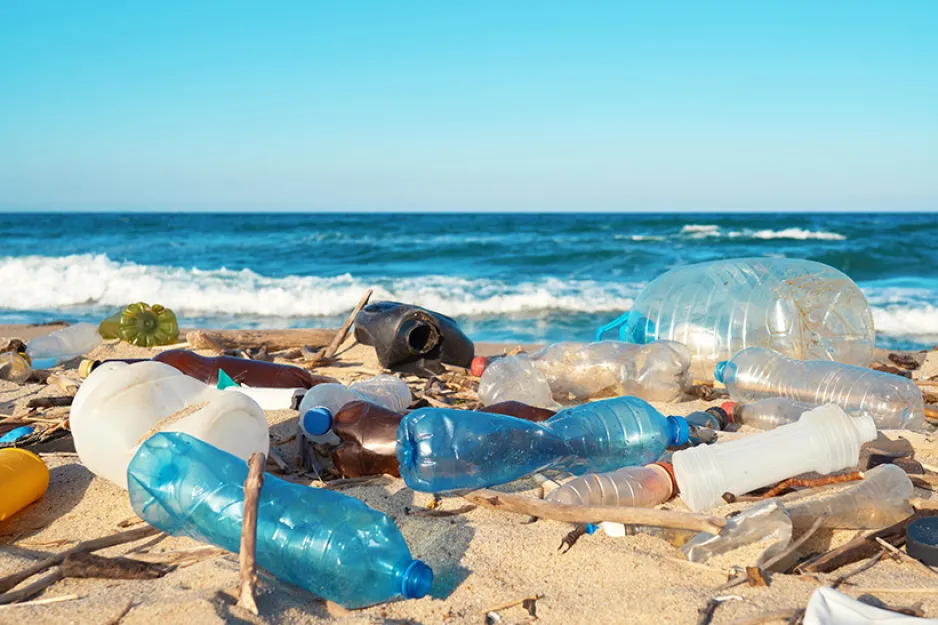
IC: Beyond groceries, what other common household items can you choose to purchase packaging-free? Do you have some favourites you can recommend?
LP: Almost everything! I’m always mindful to buy local or Canadian-made products. Some great shops I frequent are Nu Grocery in Ottawa, and the Local Fill in Cornwall. Local farmers’ markets are also a wonderful source. Other than food products, my daughter — and lots of young women — are switching to menstrual cups or reusable pads.
IC: What do you do when you grab a bite to eat on the go? Do you keep certain items with you just in case?
LP: Absolutely! I carry my utensils, tumbler, and a cloth napkin along with my phone and laptop, and I always have an apple with me. For the most part, we all carry laptop bags or backpacks so it’s not hard to toss those items in to bring along with you.
IC: What keeps you from feeling overwhelmed or discouraged when you consider the amount of waste being produced and this huge problem we have to overcome?
LP: Overall, there are more ups than downs! My daily walk helps me to keep my mind clear. It also inspires me to meet other people and businesses who are trailblazing. There are so many great initiatives happening in our city and worldwide; it’s very motivating.
Want to learn more about living a zero waste lifestyle? Join Laurence Pechadre on January 23, 2020 at the Food for Thought Lecture Series: A beginner's guide to zero waste living.



